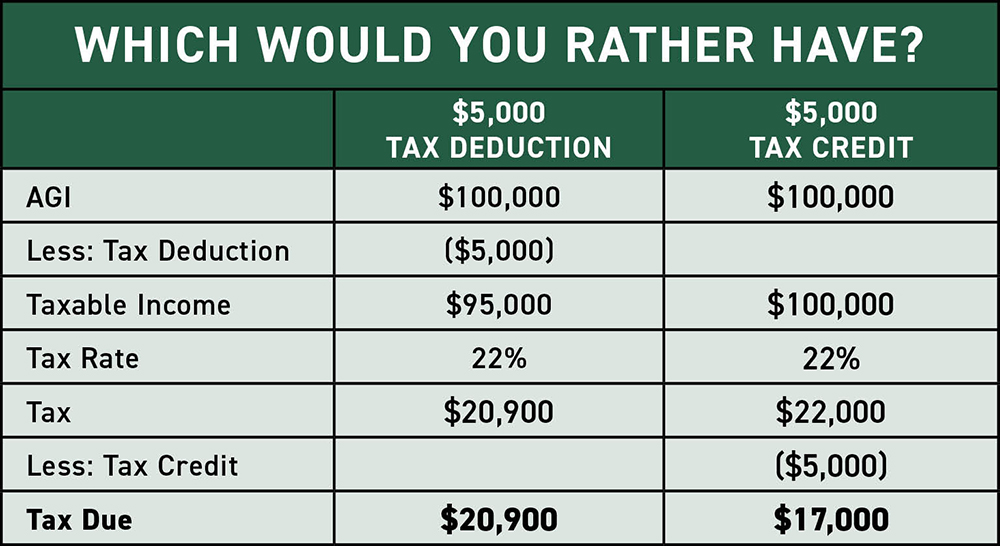Dependents can help reduce your tax bill by claiming valuable credits like the child tax credit, dependent care credit, or adoption credit. But who qualifies as a dependent?
SUPPORT
Generally, a dependent relies on another person for financial support, such as housing, food, clothing, and necessities. Typically, this includes your children or other relatives, but it can also include people not directly related to you, such as a domestic partner or stepchildren.
THREE TESTS
There are three general tests that all dependents must meet to qualify.
- If someone can be claimed as a dependent, that person can’t claim any dependents, even if they have a qualifying child or relative. For example, if you have a qualifying 21-year-old child who also has a one-year-old, your 21-year-old will not be able to claim their one-year-old as a dependent.
- You can’t claim a married person as a dependent if they file a joint tax return.
- Dependents must be U.S. citizens, U.S. green card holders, or residents of Canada or Mexico.
CHILDREN
A child qualifies as a dependent if they are younger than 19 or are a full-time student younger than 24 at the end of the calendar year. And the child must be younger than you. But there is no age limit if the child is permanently and totally disabled.
Also, the child must be your son, daughter, stepchild, foster child, or grandchild. Generally, a child must have lived with you for at least half of the year, and you must have provided at least half of their financial support.
OTHER RELATIVES
Your sibling, stepsibling, half-sibling, niece or nephew can also be dependents. Non-related qualifying dependents can be of any age. They will need to live with you for the entire year and must not have a gross income exceeding $4,400 for the tax year, and you must provide more than half of their support.






